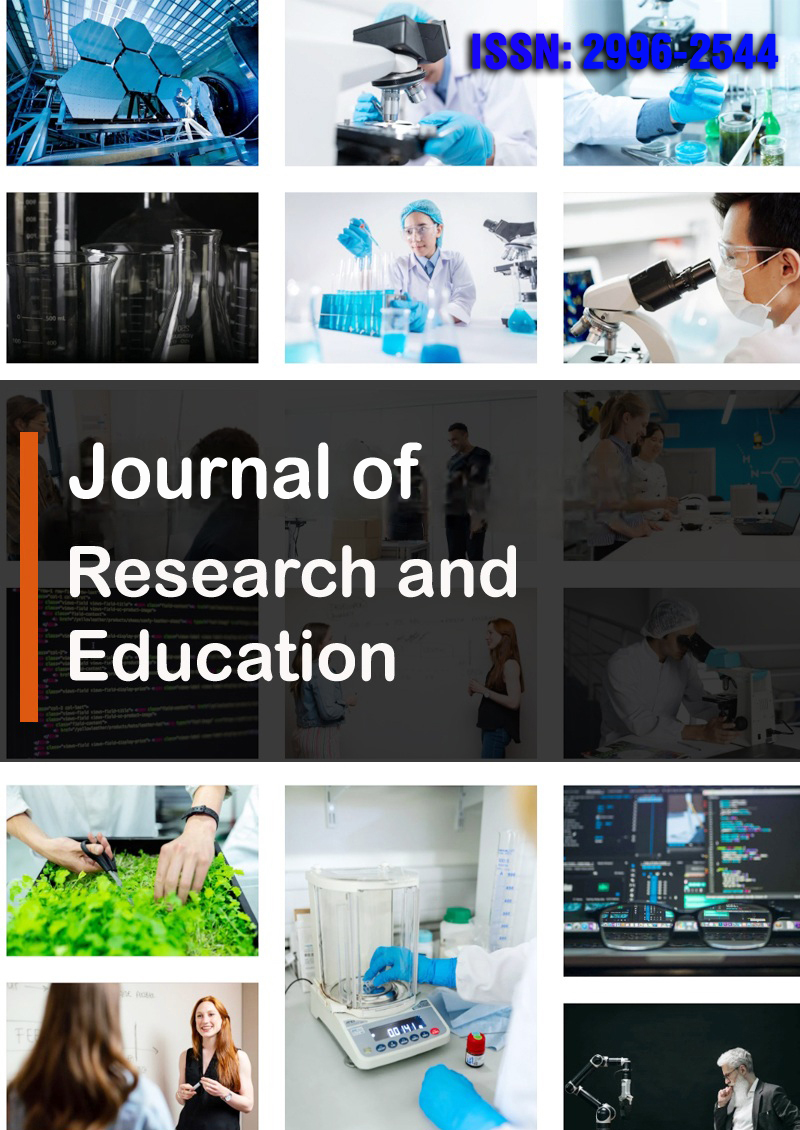Exploring the Impact of Social Sector Expenditure on Economic Growth in India: An Econometric Approach
Abstract
Jitendra Kumar Sinha
The development process worldwide has revealed a relationship between expenditure in social sectors and economic development. The growth-propelling role of the social sector has been widely discussed by academicians and policymakers. This paper examines the causal relationship between social sector spending and economic development using annual time series data from 1972-73 to 2022-23 for India. A comprehensive set of econometric techniques is employed to determine the causal relationship between social sector expenditure and economic development in India, with the Augmented Dickey-Fuller (ADF) and Phillips-Perron (PP) unit root tests utilized to test for stationarity. The results indicate a significant bi-directional relationship between GDP per capita and expenditures on education, family welfare, housing, urban development, water supply and sanitation, nutrition, social security, welfare, labor and labor laws, and the welfare of scheduled castes and tribes. However, a unidirectional causality from health expenditure to economic development is observed. These findings underscore the significant contribution of social spending to the economic growth of a developing country like India, providing valuable insights for policymakers in formulating appropriate policies.



